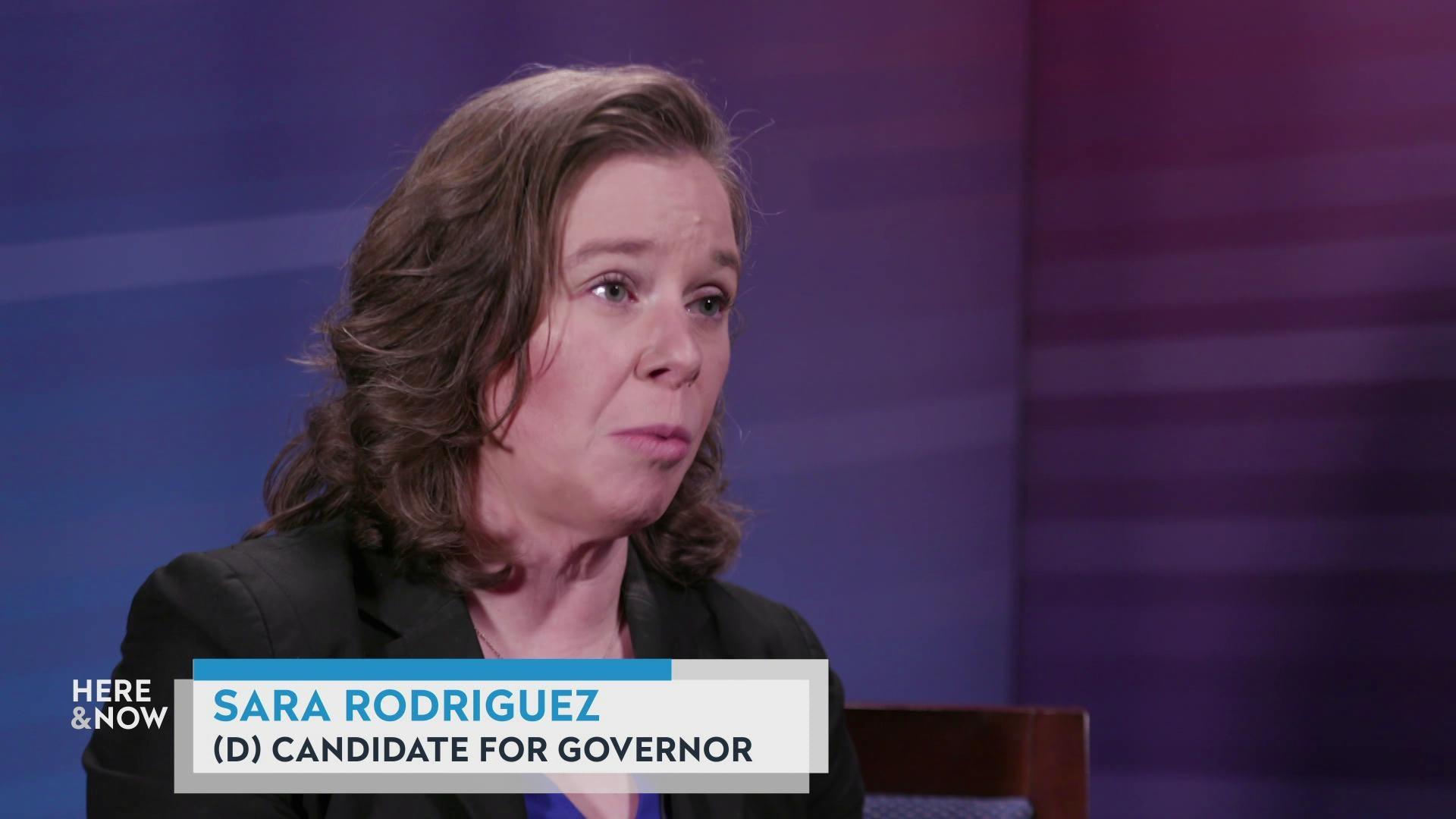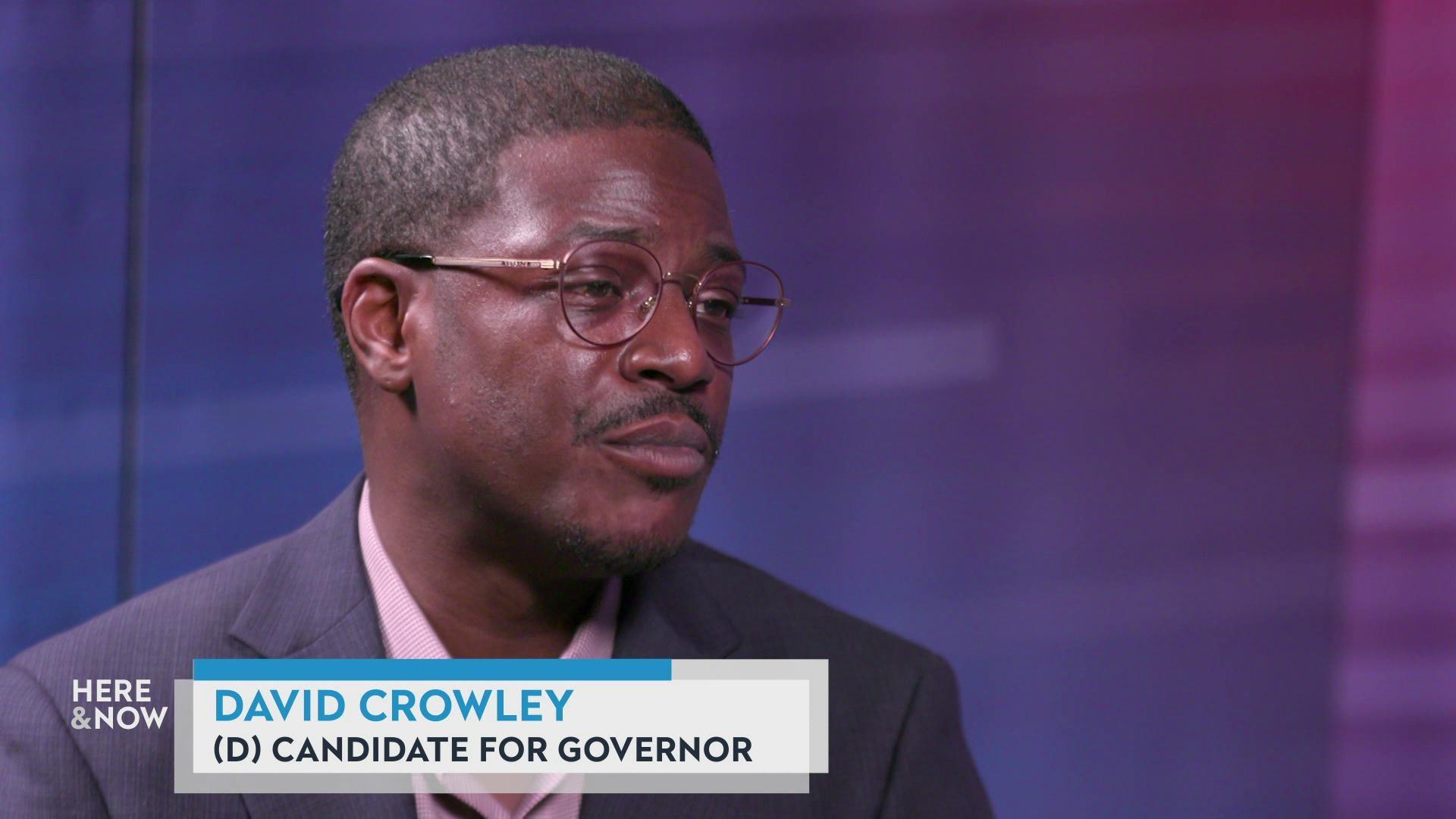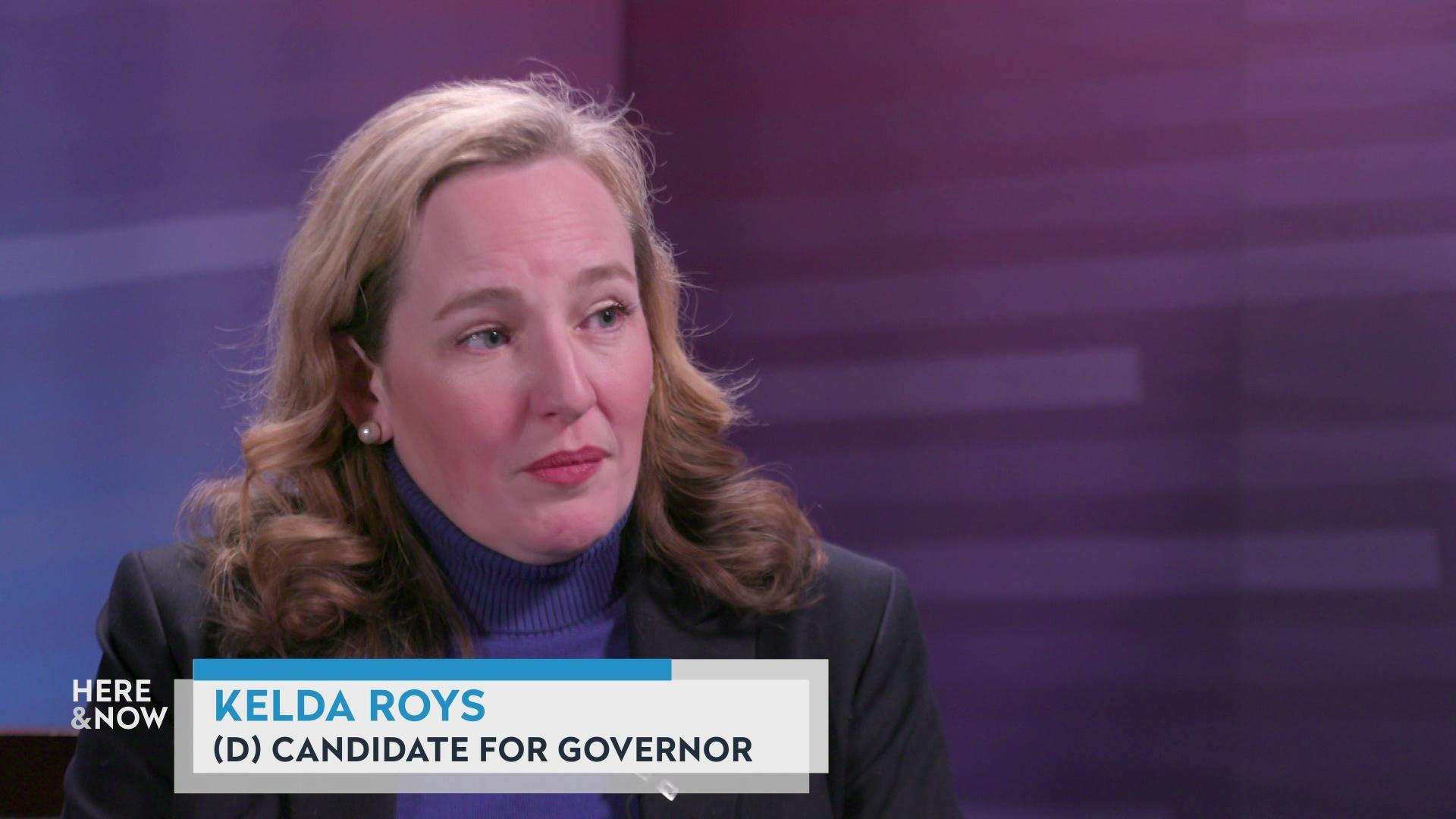Zac Schultz:
First, the budget hits the full legislature next week.
It's time for lawmakers to find out if they have the support to make any changes. Republicans in the state senate have a 18 to15 majority, so moderate Republican senator Dale Schultz is in the position of only needing one other Republican and the support of the Democrats to make changes to the budget. I sat down with him earlier this week to talk about just a few of the changes he’d like to see.
Is the school choice expansion your biggest concern in this budget?
Dale Schultz:
I don’t think there’s any question about it. Wisconsin’s brand has long been associated with high-quality education and some of the best students in the nation. The advent of vouchers has been an interesting experience and experiment for a number of years, but all of a sudden this rush to take it statewide to me looks like this state trying to fund two public education systems. We can’t afford one. Why on earth would we ever try to fund two? And I really believe that this is serious enough that within one budget we could see the end of public schools as we know them in the state, and this could be absolutely devastating on the rural parts of the state. Because our schools aren’t just a place where we educate kids. They’re the center of cultural life. It’s where we get together and have fun at sporting events. And their long-term existence is at risk. And I’m going to do everything I can to fight on behalf of, you know, that system and the good job that it does.
Zac Schultz:
From its creation up until just recently, in the governor’s proposed budget, one of the focuses of school choice was helping kids from poor families that are attending failing schools to have a better access to better education. Expanding it statewide doesn’t factor in the quality of the school. So have they lost that part of the argument?
Dale Schultz:
Well, I think they finally conceded what everybody else in the state already knew. This loose talk of failing schools was just that. We had a measuring stick that was, you know, essentially agreed to by the superintendent of public instruction and the governor as a way of beginning to put together some metrics that would help us understand how we could fine tune our educational system to do an even better job than we were already doing. No one was hiding from the fact that there was room for improvement. To suddenly take that and suggest we have failing schools was a real disservice to every educator in this state and was simply wrong. We had nobody in our caucus who was willing to even defend it in closed caucuses anymore. So my sense is that, you know, that argument was already gone.
Zac Schultz:
Two of the Republican senators that are most closely linked with supporting the public schools were Senator Ellis and Senator Olsen. Both of them were heavily involved in creating this compromise version of the school choice expansion. Will that make it more difficult to make further changes since they already seem to have been involved in that first compromise?
Dale Schultz:
I don’t think there’s any question it makes it more difficult and I certainly want to give both of them credit for fighting as hard as they did. You’d have to ask them, you know, what was on their mind when they made that deal. It certainly wasn’t a deal that I could buy into. But there’s nothing really unusual about that in the way the legislature works. I just simply cannot abide with the information that we now have a dramatic expansion of vouchers in the state and school choice. So it’s where we part company, and I certainly, you know, know that I’m going to be someplace else and continue to fight for toning down what has been proposed.
Zac Schultz:
When it comes to making changes, obviously, the Democrats are opposed to this expansion. If you’re opposed to it, they still need one other Republican senator. Do you work with the Democrats to talk about what you want to do? Or are you working with your own caucus to see if there’s someone else of like mind to see if you can make a change there?
Dale Schultz:
Well, I talk with everybody, and I always have. And you never know when things may change. There’s a lot of sub plots, you know, beneath the surface that are going on. And I’m going to continue to make the case. My colleagues have been wonderful. My leader’s door has been open. I understand what his job is. I’ve done it before. But I’m hopeful that we can continue to improve this budget, and I’d like to vote for it. I voted for the budget last session. I think it was great that we were able to do something about a long-running structural deficit, and that’s another problem that I see with this budget right now. We have the rose-colored glasses on, and we are, you know, not taking the caution that the federal reserve in Philadelphia had sort of sent our way, that our economy is not likely to grow. In fact, they’re forecasting it will have negative growth in the next six months. This budget is predicated on 3.3% growth. And if we miss the mark, we’re going to be in real trouble and we’ll be back either raising taxes or cutting programs further and that is the kind of instability that I don’t think people in the state want. It’s the kind of instability that business leaders don’t want.
Zac Schultz:
You haven’t decided or officially announced if you’re going to be running against next year, but if you do, you already have a primary opponent and he will use any vote you take that doesn’t stand in line with the rest of the party against you in that primary. Does that factor into your choices and decisions now in any way?
Dale Schultz:
Absolutely not. I made a conscious decision to focus on the budget, not becoming a full-time candidate when important votes were being taken, perhaps the most important vote in the legislative session. And tying yourself to out-of-state money interests for your own political future to me is a very unseemly thing to do during a state budget debate.
Zac Schultz:
You said you’d like to be able to vote for this budget. Do you think you’ll have to wait until you see the end result and what changes are able to happen before you make that decision?
Dale Schultz:
Well, I have learned long ago that you shouldn’t make a decision, an absolute decision, until you see the final work product, and you should keep an open mind, and I think that’s what people want me to do here. Last election cycle people told me, go to Madison, Dale, work with everybody, try to do the right thing, keep policy out of the budget and do something about spending. And that’s what I’ve been trying to do, last session and this session as well.
Zac Schultz:
All right. Dale Schultz, thanks for your time.
Dale Schultz:
You bet.
Search Episodes
News Stories from PBS Wisconsin

Donate to sign up. Activate and sign in to Passport. It's that easy to help PBS Wisconsin serve your community through media that educates, inspires, and entertains.
Make your membership gift today
Only for new users: Activate Passport using your code or email address
Already a member?
Look up my account
Need some help? Go to FAQ or visit PBS Passport Help
Need help accessing PBS Wisconsin anywhere?

Online Access | Platform & Device Access | Cable or Satellite Access | Over-The-Air Access
Visit Access Guide
Need help accessing PBS Wisconsin anywhere?

Visit Our
Live TV Access Guide
Online AccessPlatform & Device Access
Cable or Satellite Access
Over-The-Air Access
Visit Access Guide
 Passport
Passport


















Follow Us